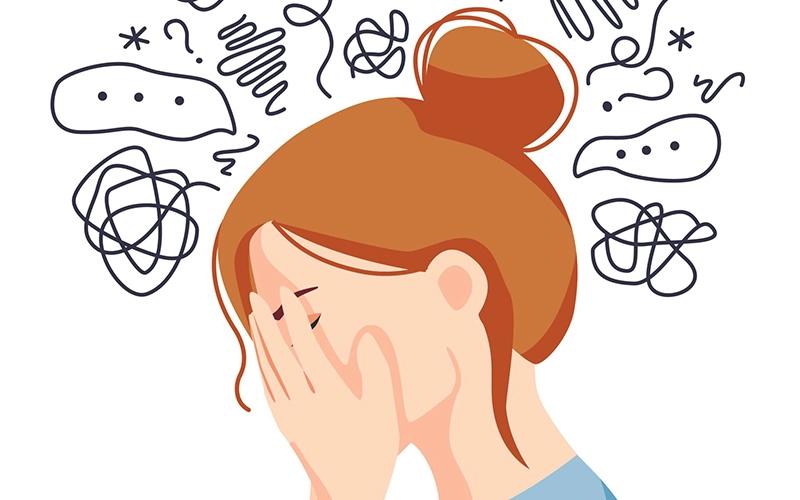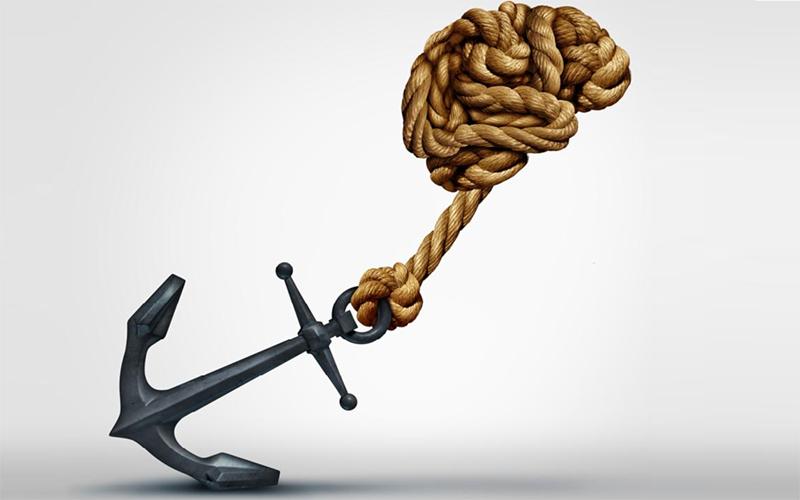Understanding ADHD in Adults
Attention Deficit Hyperactivity Disorder (ADHD) is often associated with children, but it also significantly impacts adults. Adults with ADHD may have difficulty maintaining attention, managing impulsivity, and organizing tasks. These challenges can affect their personal and professional lives, leading to misunderstandings and frustrations. Recognizing the symptoms and understanding their impact is crucial for improving ones quality of life.
The Importance of Self-Assessment
Self-assessment is a valuable tool for identifying ADHD symptoms. By reflecting on your behaviors and challenges, you can gain insights into how ADHD may be affecting you. This understanding can be the first step toward seeking appropriate support and making positive changes in your life.
Attention Deficit Symptoms
Attention deficit symptoms in adults often manifest as difficulty staying focused, forgetfulness, and frequent careless mistakes. You might find yourself easily distracted or struggling to complete tasks that require sustained attention. Forgetting appointments, misplacing items, or having trouble organizing your daily activities are common signs.
These symptoms can be particularly disruptive in professional settings. Difficulty concentrating on tasks, missing deadlines, or needing to reread information can hinder your performance. In personal life, these challenges can lead to misunderstandings with family and friends who might misinterpret your lack of focus as disinterest or neglect.
Impulsivity Symptoms
Impulsivity in adults with ADHD can lead to hasty decisions, impatience, and difficulty waiting for your turn. This can manifest in various ways, such as interrupting conversations, rushing through tasks without considering details, or having trouble staying seated during meetings. Impulsivity can affect financial decisions, relationships, and overall life satisfaction. Acting on impulse without fully considering the consequences can lead to regret and additional stress. Managing these symptoms is essential for maintaining stable and healthy relationships, both personally and professionally.
The Role of Self-Awareness
Self-awareness is the cornerstone of managing ADHD. By understanding your symptoms, you can develop strategies to cope with them. This might involve setting up structured routines, using reminders and planners, or breaking tasks into smaller, manageable steps. Recognizing your impulsive tendencies can help you pause and think before acting, reducing the likelihood of rash decisions.
Seeking Support
While self-assessment is an important step, seeking professional support is also crucial. Therapists, counselors, and support groups can provide guidance and strategies tailored to your specific needs. Cognitive-behavioral therapy, for example, has been shown to be effective in helping adults with ADHD manage their symptoms. Support groups offer a sense of community and understanding, where you can share experiences and learn from others facing similar challenges. This can be incredibly empowering and reassuring, knowing you are not alone in your journey.
Improving Daily Functioning
Addressing ADHD symptoms can significantly improve daily functioning. Simple changes, such as creating a quiet work environment, using noise-canceling headphones, or establishing a consistent routine, can make a big difference. Prioritizing tasks and focusing on one thing at a time can help manage attention deficit issues. For impulsivity, practicing mindfulness and stress-reduction techniques can be beneficial. Learning to recognize triggers and implementing coping strategies can help reduce impulsive behaviors.
Enhancing Relationships
ADHD can strain relationships, but with understanding and communication, these challenges can be managed. Being open with your partner, family, and friends about your ADHD and its impact can foster empathy and support. Working together to develop strategies, such as setting clear expectations and creating a supportive environment, can enhance relationships.
The Journey to Better Management
Living with ADHD can be challenging, but with the right tools and support, you can manage its impact on your life. Understanding your symptoms through self-assessment is a crucial step in this journey. By identifying your strengths and areas for improvement, you can take proactive steps to enhance your well-being.
Assessing your ADHD symptoms can provide valuable insights and guide you towards effective management strategies. Whether it is through professional help, support groups, or self-implemented techniques, taking action can lead to significant improvements in your daily life and relationships. Understanding and managing ADHD is a continuous process, but with commitment and support, it is possible to lead a fulfilling and productive life.



